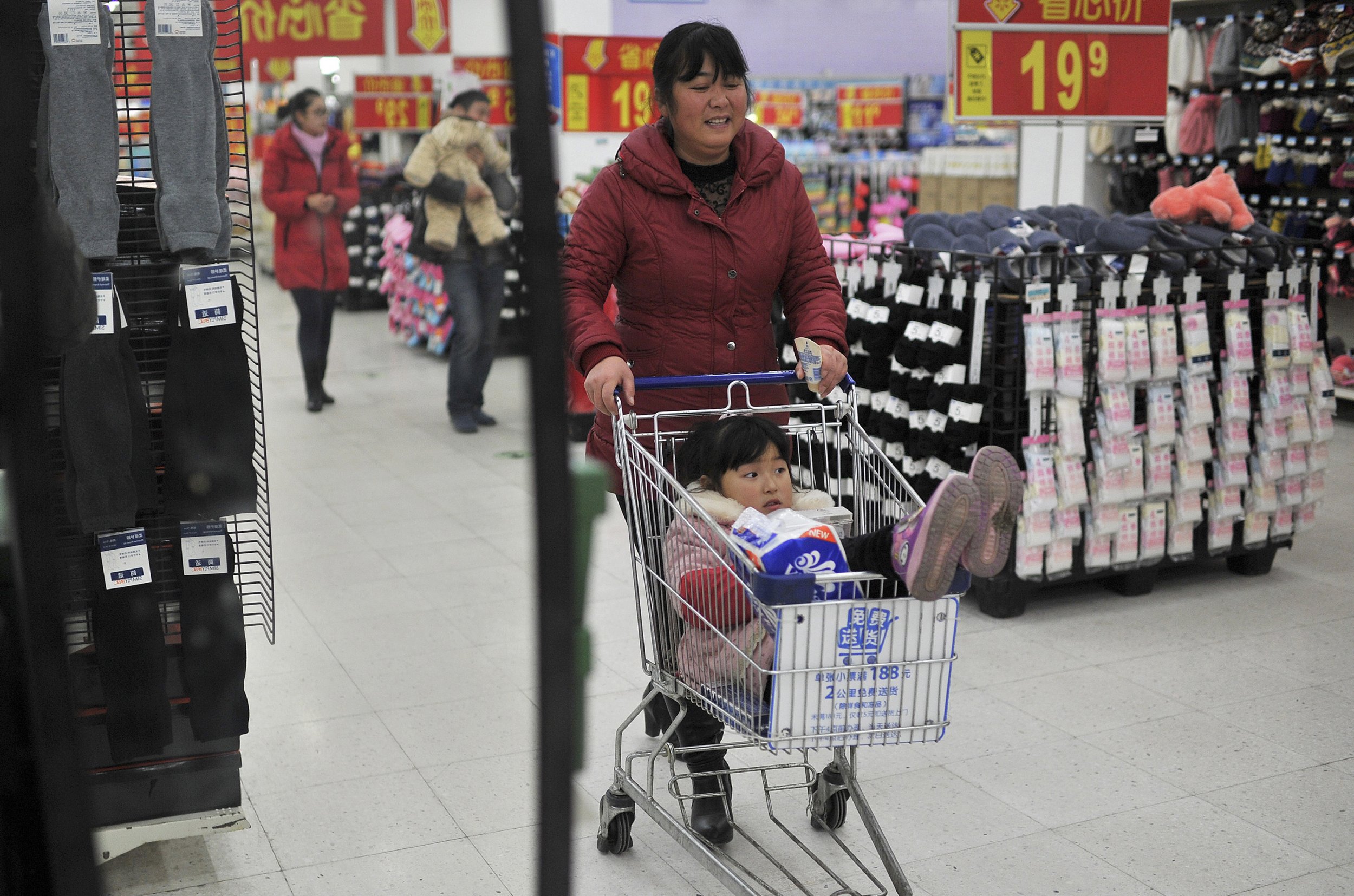
A new Organisation for Economic Co-operation and Development study on how income inequality affects economic growth would seem to support what some concerned observers— particularly on the left—have been saying: that inequality hurts growth. From the report: "New OECD research shows that when income inequality rises, economic growth falls." Seems straightforward enough.
Here's the problem, though: The typical left-liberal narrative is that the 1 percent are gobbling up all the income gains, leaving little for everyone else. And since the 99 percent don't have as much to spend—the rich save too much—growth slows.
But that is not what the report finds: "While the overall increase in income inequality is also driven by the very rich 1 percent pulling away, what matters most for growth are families with lower incomes slipping behind." And this: "In contrast, no evidence is found that those with high incomes pulling away from the rest of the population harms growth."
Don't be surprised if this finding—which syncs with previous literature—tends to get overlooked.
Anyway, the problem seems to be with the bottom 40 percent of income earners having less educational opportunity, or as the OECD puts it (in a strangely passive wording), "[P]eople from disadvantaged social backgrounds underinvest in their education."
IMF
Now this is an international study. So maybe in some countries there is too little education funding for the poor and working class. (Then there is this oddity: The report finds inequality hurting economic growth more in such reputed egalitarian paradises as Finland, Sweden and Norway than in the U.S. Indeed, Finland is particularly known for its high international test scores.)
The United States, however, spends $600 billion a year on K-12 education. And American high school test scores have stagnated since 1970, despite a doubling of public school spending.
Also, middle-class Americans who want to invest in higher education are confronted by a quadrupling in real terms of published tuition and fees at public four-year colleges. In the U.S. at least, how effectively we deliver education would seem to be as critical an issue as how much we spend on education.
The OECD report makes a stronger case for reform rather than redistribution—and maybe less concern about what's happening with the 1 percent.
James Pethokoukis is a columnist and blogger at the American Enterprise Institute, where this first appeared.
Uncommon Knowledge
Newsweek is committed to challenging conventional wisdom and finding connections in the search for common ground.
Newsweek is committed to challenging conventional wisdom and finding connections in the search for common ground.
About the writer
To read how Newsweek uses AI as a newsroom tool, Click here.








